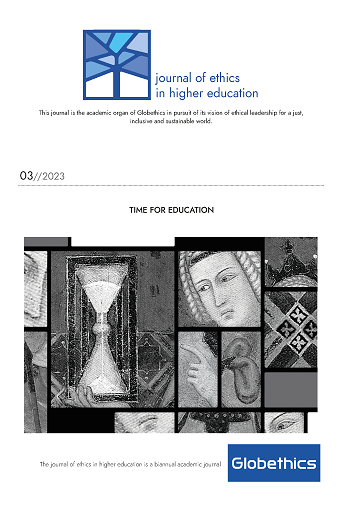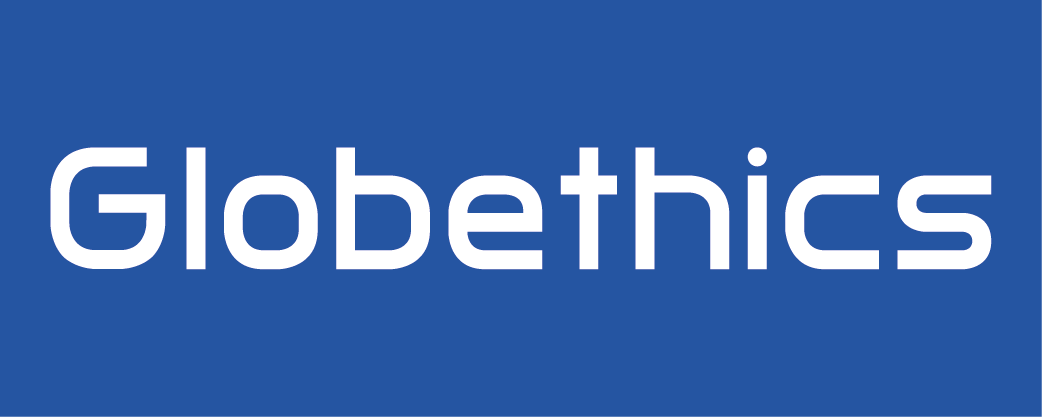Artificial Intelligence in Higher Education
An Analytical Assessment
DOI:
https://doi.org/10.26034/fr.jehe.2023.4626Keywords:
Artifical intelligence, AI, ethics, higher educationAbstract
This article proposes a model of analysis to guide factual comprehension and normative positioning around the use of AI in higher education. We will analyse the four most impactful options of use of AI in the higher education sector considering the current development of this technology. These are: the co-construction of knowledge, the use of AI for tutoring or mentoring, the rise of adaptive platforms and predictive capabilities. We will propose an exercise of analytical reflection for each use, appealing to some of the dimensions of the proposed model to guide their use. The result is intended to be fruitful, insofar as it warns against the risk of biasing the analysis by losing sight of the deeper implications and commitments required to discern the use of AI.
Downloads
Published
How to Cite
Issue
Section
License
Copyright (c) 2023 Santiago Tomás Bellomo

This work is licensed under a Creative Commons Attribution-NonCommercial-ShareAlike 4.0 International License.
Journal articles of Globethics Publications are published under the open Creative Commons License Attribution-NonCommercial-ShareAlike 4.0 International (CC BY-NC-SA 4.0), which guarantees the rights of licensor and allows free use and re-use to the licensees (the readers) who can: 1) Share — copy and redistribute the material in any medium or format 2) Adapt — remix, transform, and build upon the material provided appropriate credit is given and similar license is used in case of such adaptations. Content should not be used for commercial purposes. Each article (the version of record) can be deposited by the author on their academic institutional repository or personal author webpage.







